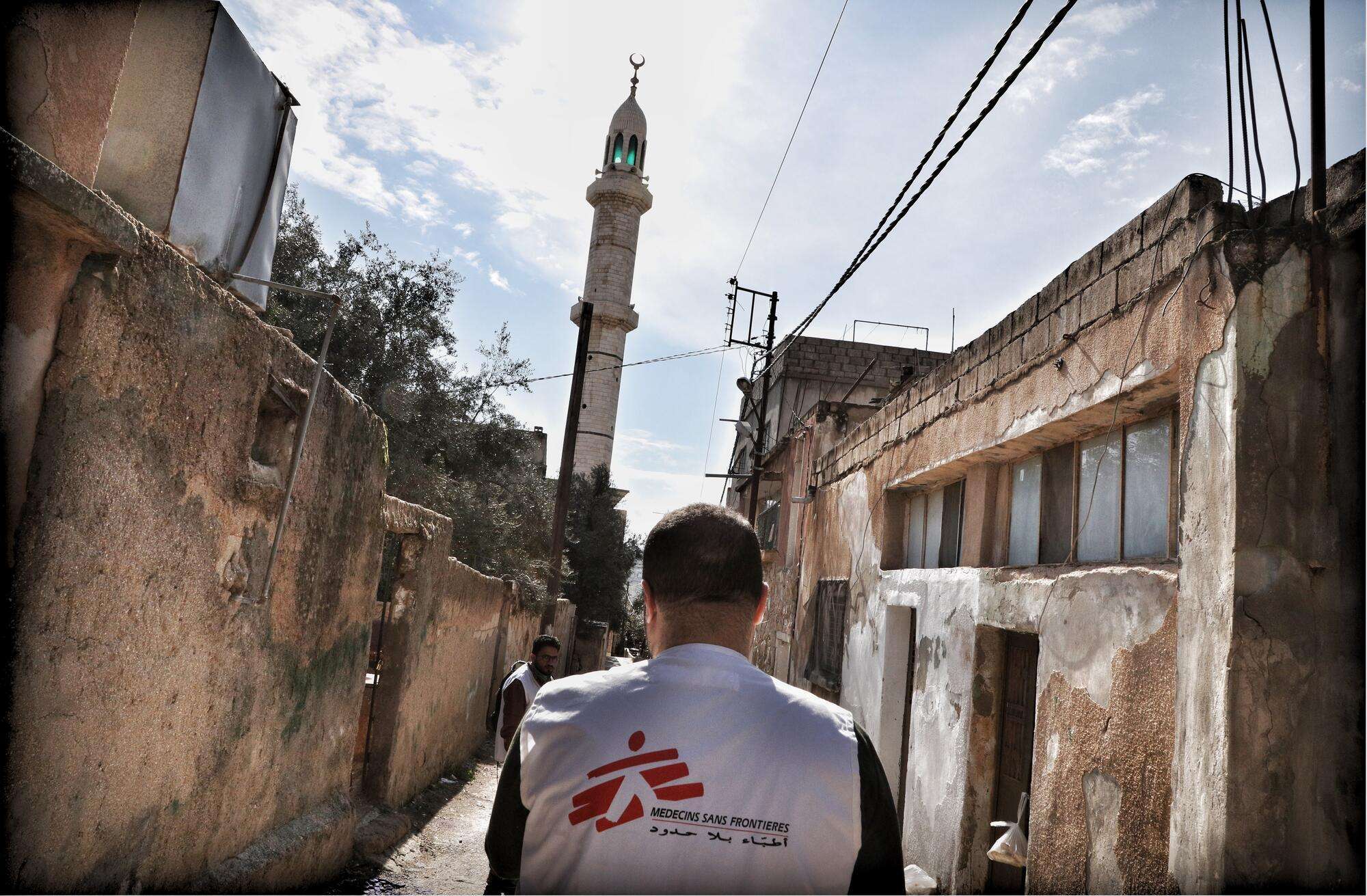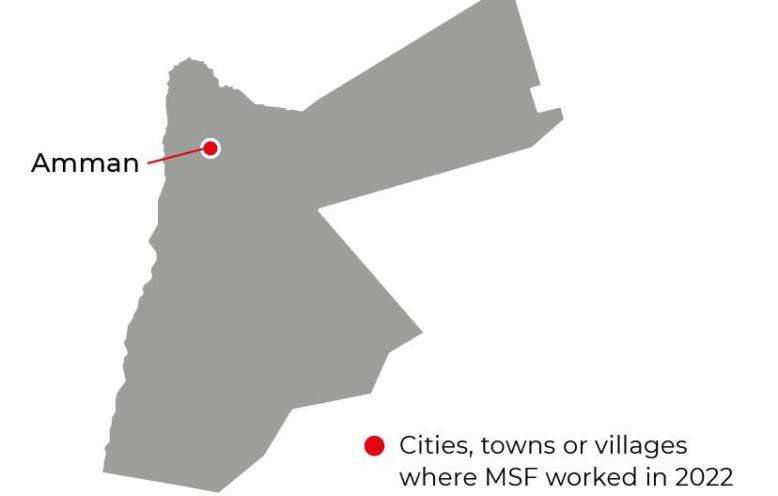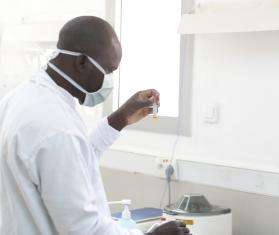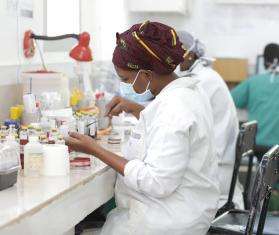In 2022, we returned to our usual level of admissions following a short period in 2021 when we transformed a part of the hospital to assist with the Ministry of Health's response to the COVID-19 pandemic.
During the year, we also focused on enhancing our regional network in order to ensure patients’ continuity of care in their home countries after discharge, through follow-up consultations and continued physiotherapy.








